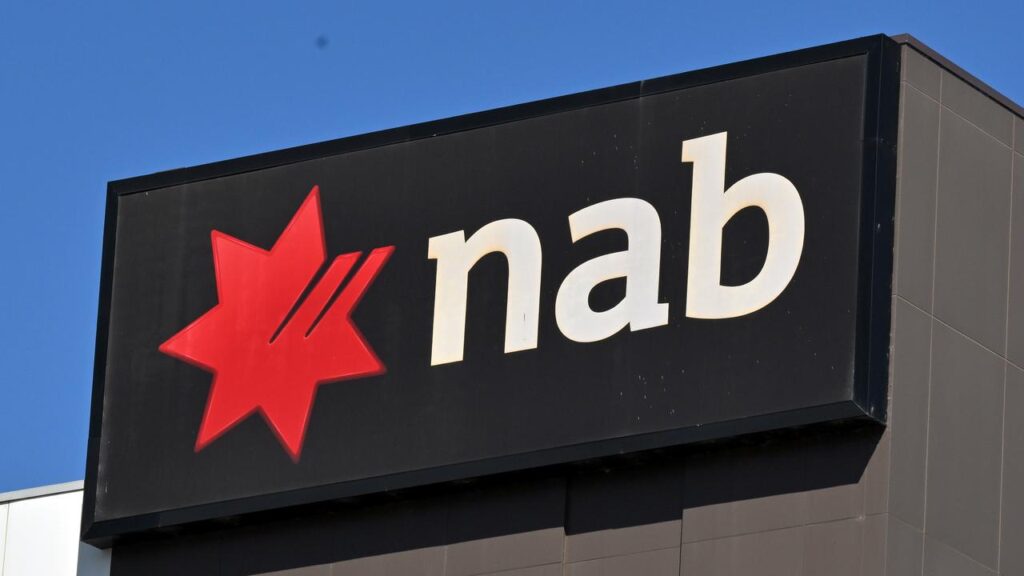Loan defaults bad for business as NAB profit takes hit
Derek Rose |

Australia’s most business-focused major bank has witnessed more firms default on their loans.
NAB took a $833 million charge on debt it considers unlikely to be repaid, up 14.4 per cent from its $728 million credit impairment charge the year before, the big four bank said on Thursday while releasing its 2024/25 financial results.
NAB said deterioration in the group’s business lending portfolio includes a small number of customers in its corporate and business banking division and its New Zealand operations.

NAB was committed to working with its customers through their business difficulties, chief executive Andrew Irvine told analysts.
“While single loan exposures are lumpy and they’re hard to predict, it’s not unusual to see some increases in impairments towards the end of an asset quality cycle,” he said.
“The portfolio is performing as we thought it would.
“I think with improving economic conditions, business conditions, and our level of provision, we feel OK about where we’re at.”
Although mortgage arrears were stable, overall 1.55 per cent of NAB’s lending portfolio was considered “non-performing”, up from 1.39 per cent a year ago.
NAB said its results were impacted by two large, well-secured agribusiness customers struggling to make payments but it would work with them.

“Whilst this can take time, in our experience, this achieves the best overall result for our customers and our shareholders,” Mr Irvine said.
NAB reported $7.09 billion in cash earnings in the year to September 30, down 0.2 per cent on the 12 months before.
Statutory net profit was down 2.9 per cent to $6.76 billion, while underlying profit rose one per cent.
NAB shares slipped 3.5 per cent to $42.99 on Thursday afternoon, still up 9.5 per cent for the year.
Mr Irvine said NAB had strong momentum in the second half, growing its business lending at 1.3 times the level of its Australian peers.

Along with its financial results, NAB also released its annual climate report – which activist groups cheered as the bank disclosed it would no longer lend to 16 per cent of its fossil-fuel clients because of their inadequate climate transition plans.
“It’s encouraging that Australia’s major banks are finally living up to their commitments by dropping clients expanding fossil fuels and ruining our climate,” Market Forces head of research Kyle Robertson said.
“The overwhelming majority of oil and gas producers are impeding the energy transition by expanding, and they’re facing the consequences from banks like NAB and CommBank which are cutting ties.”
NAB declared a final dividend of 85 cents per share, taking its dividends for the year to $1.70 per share, up from $1.69 a year ago.
AAP